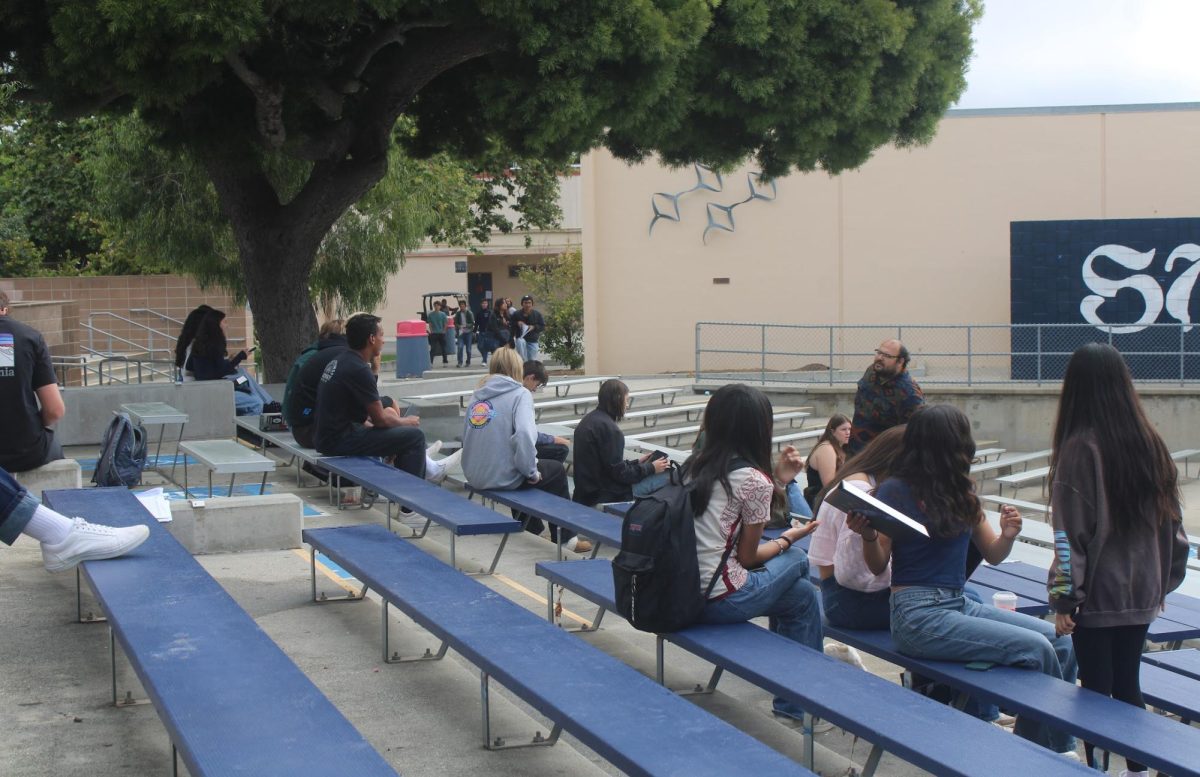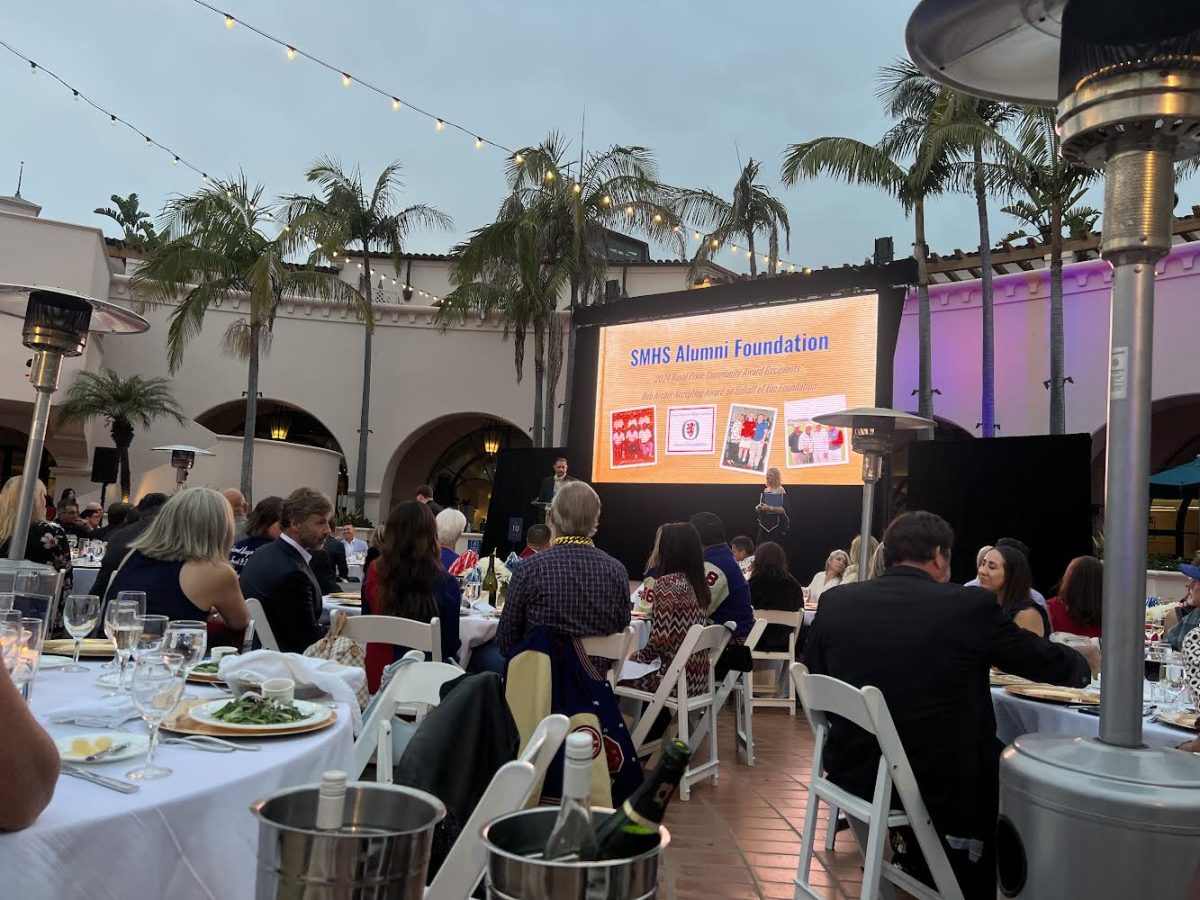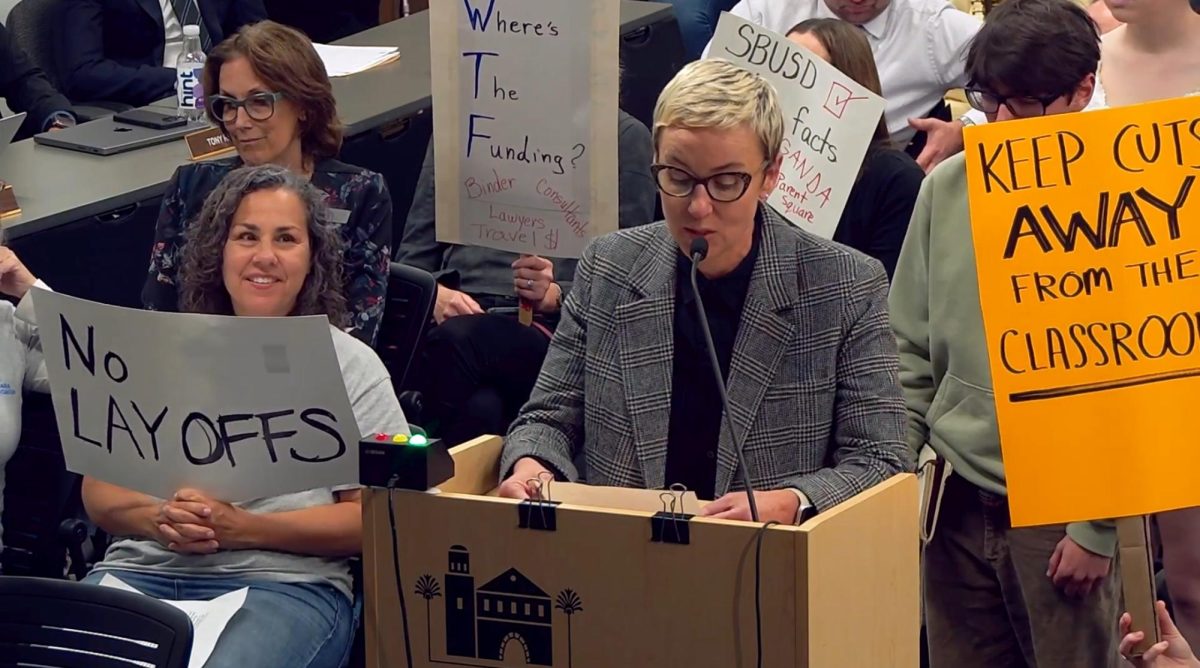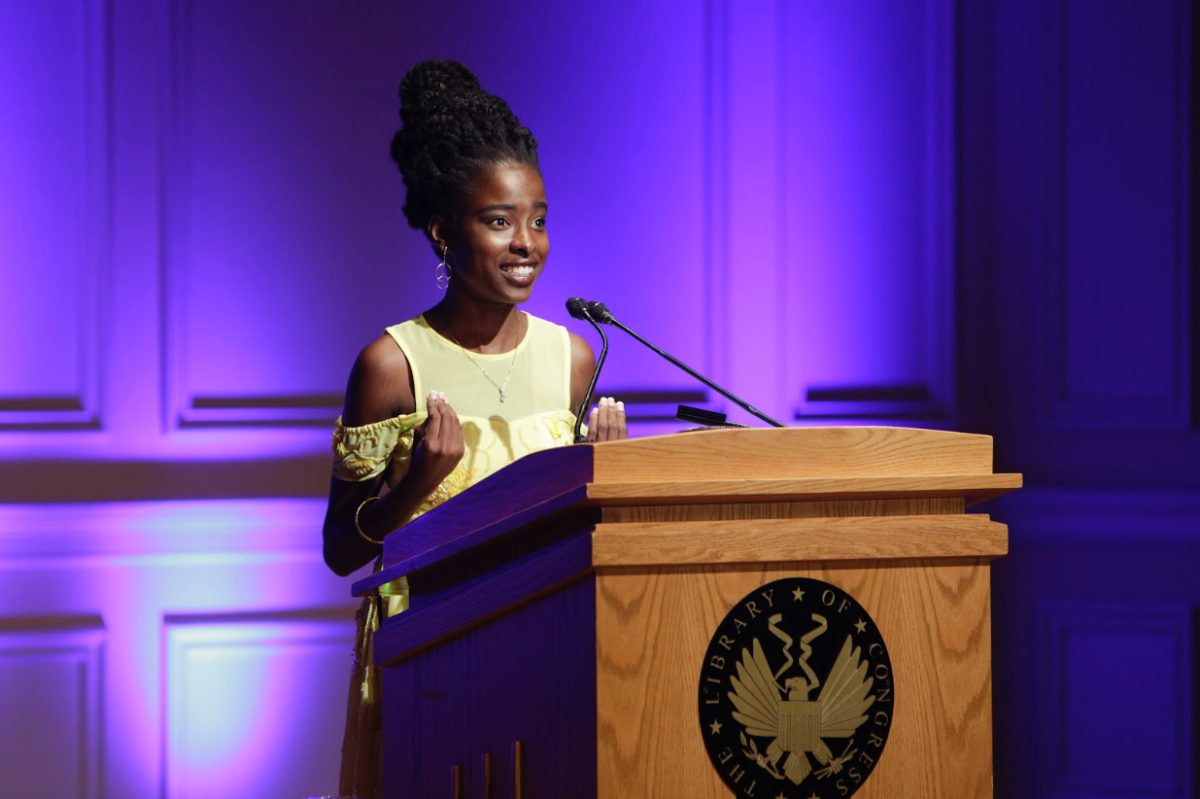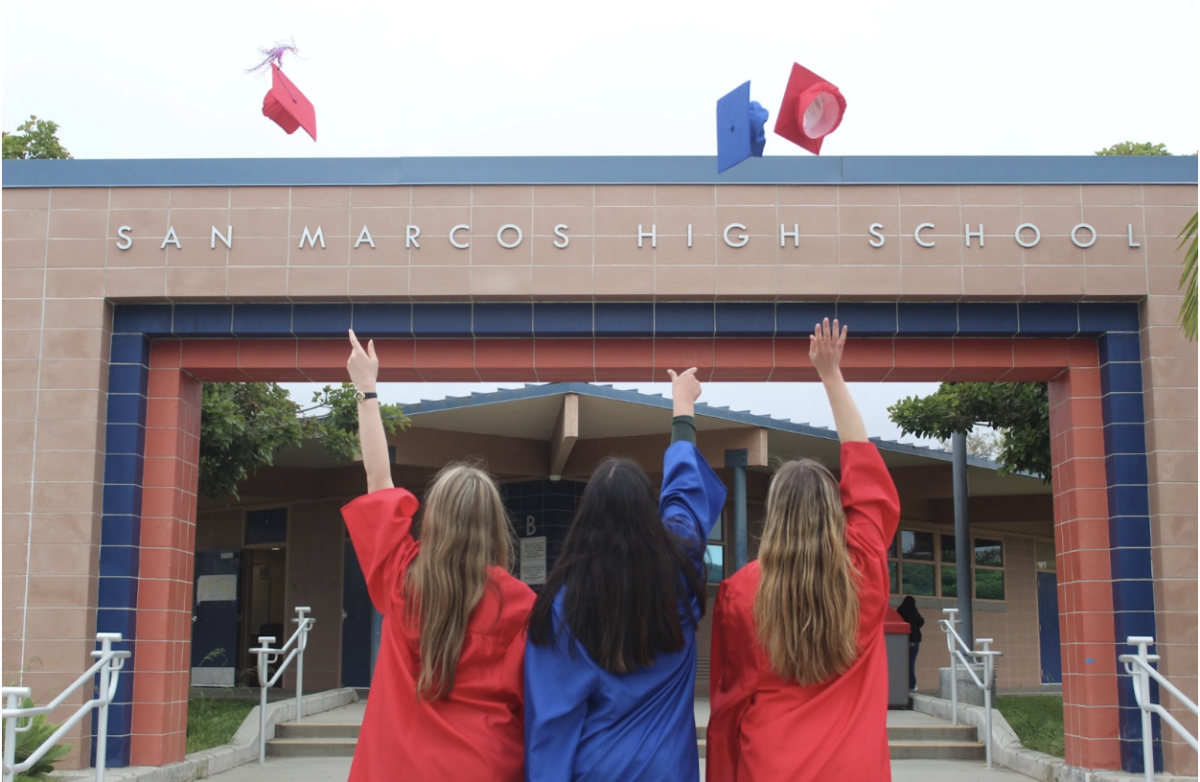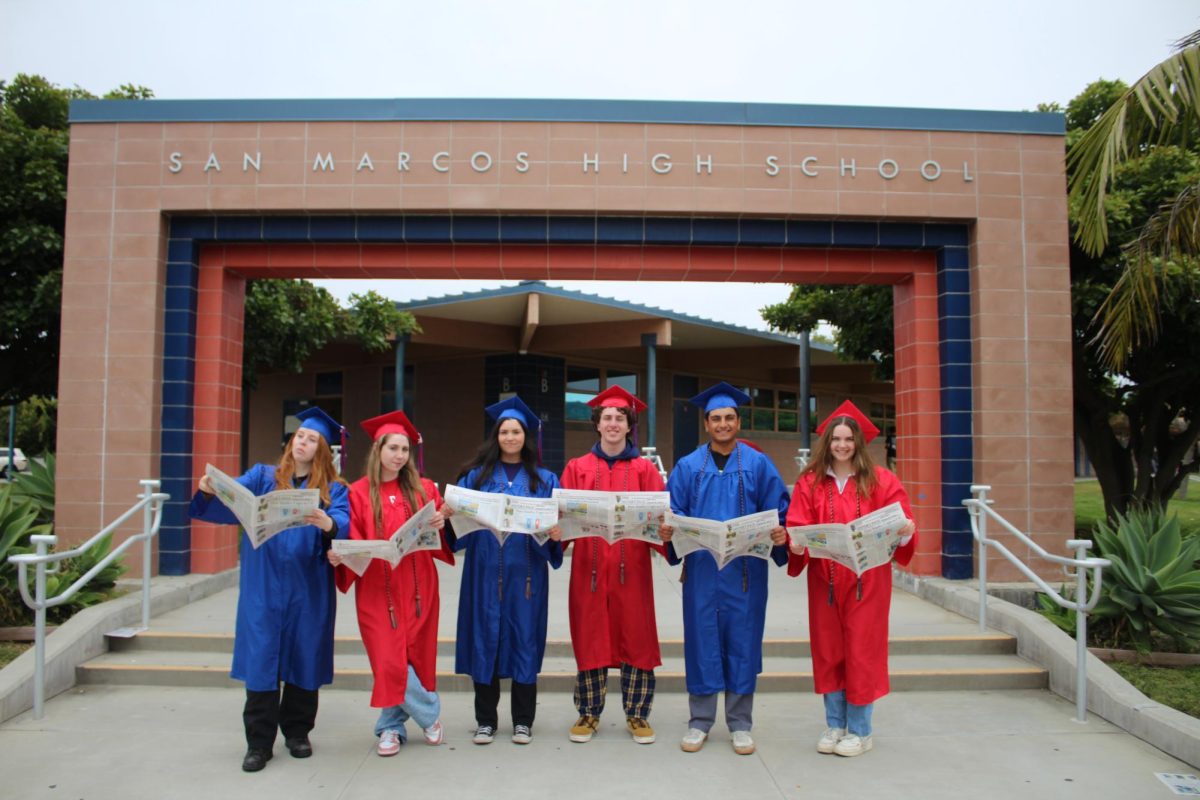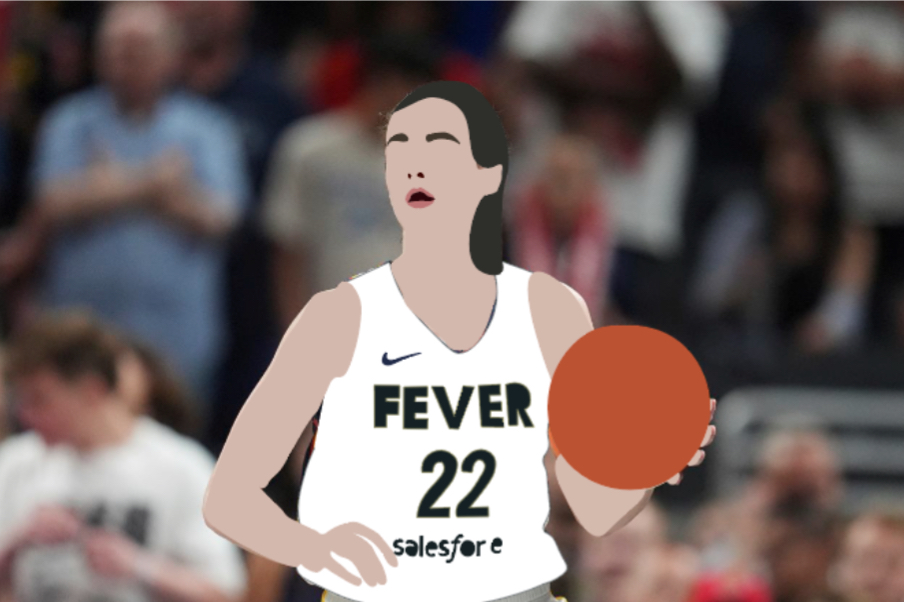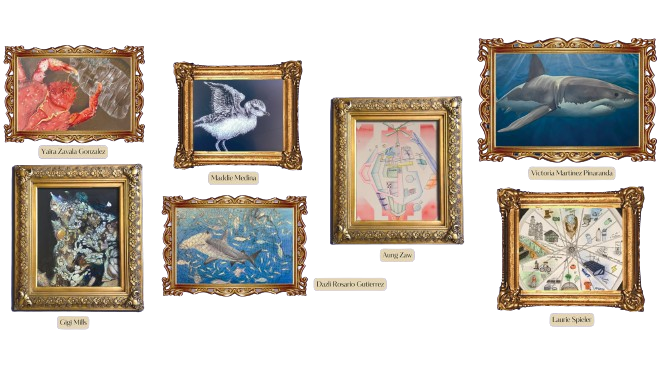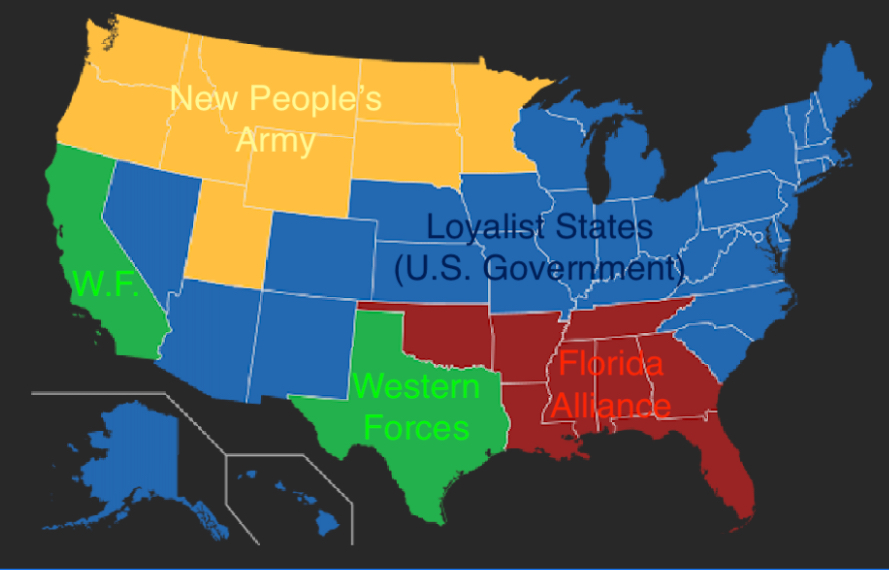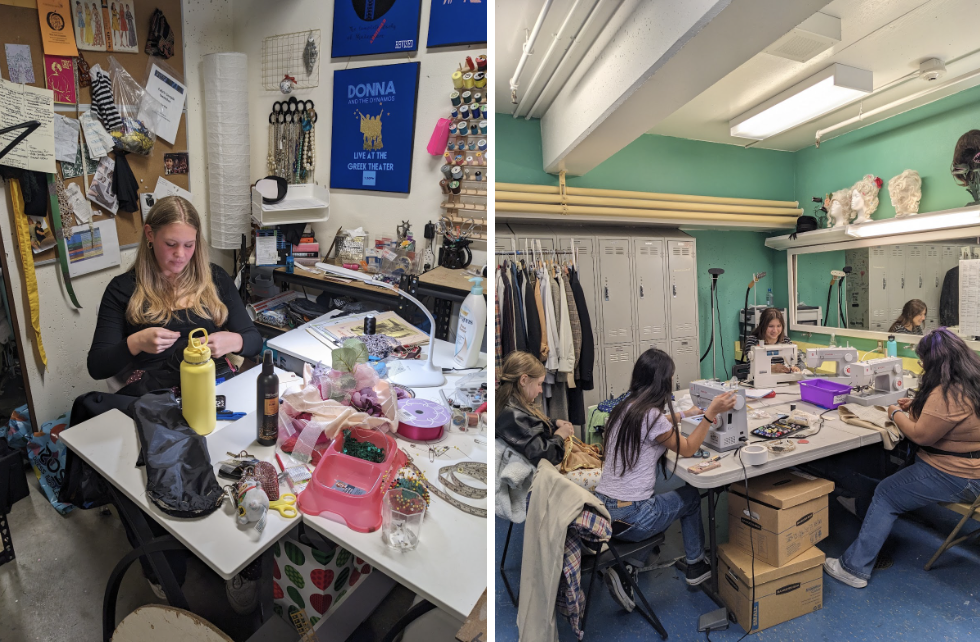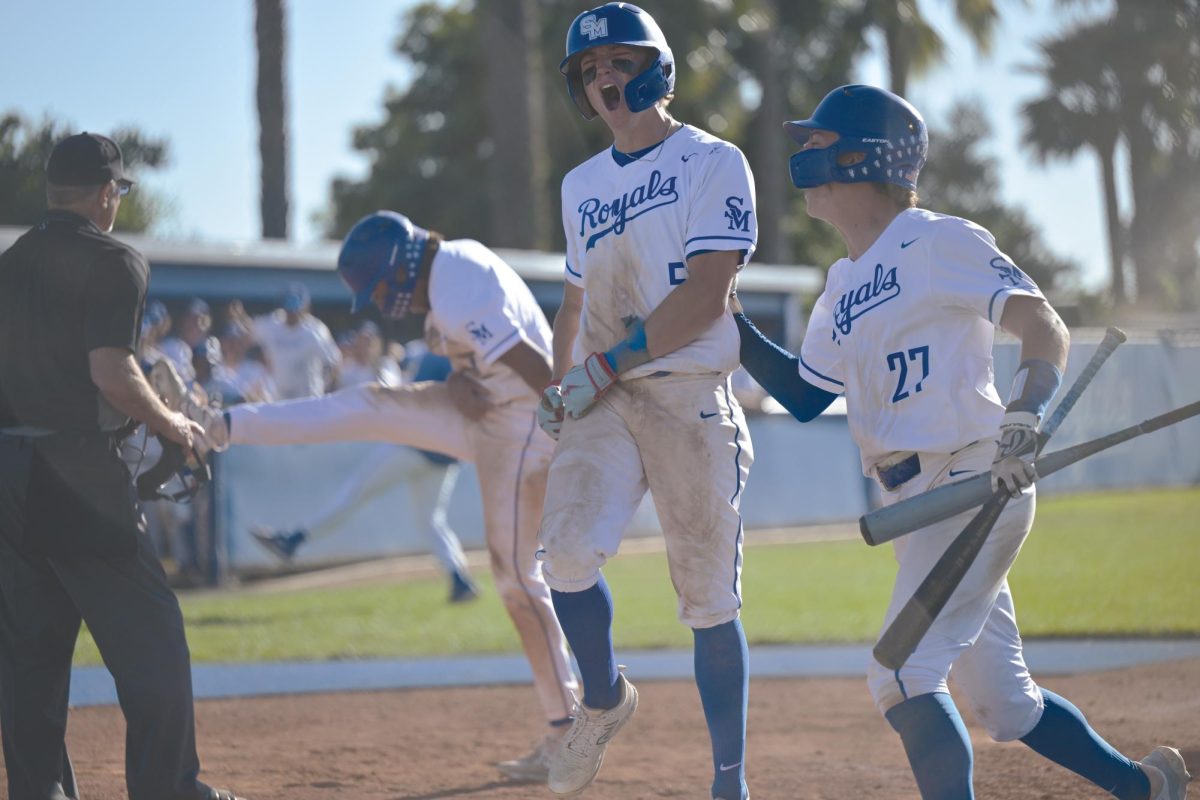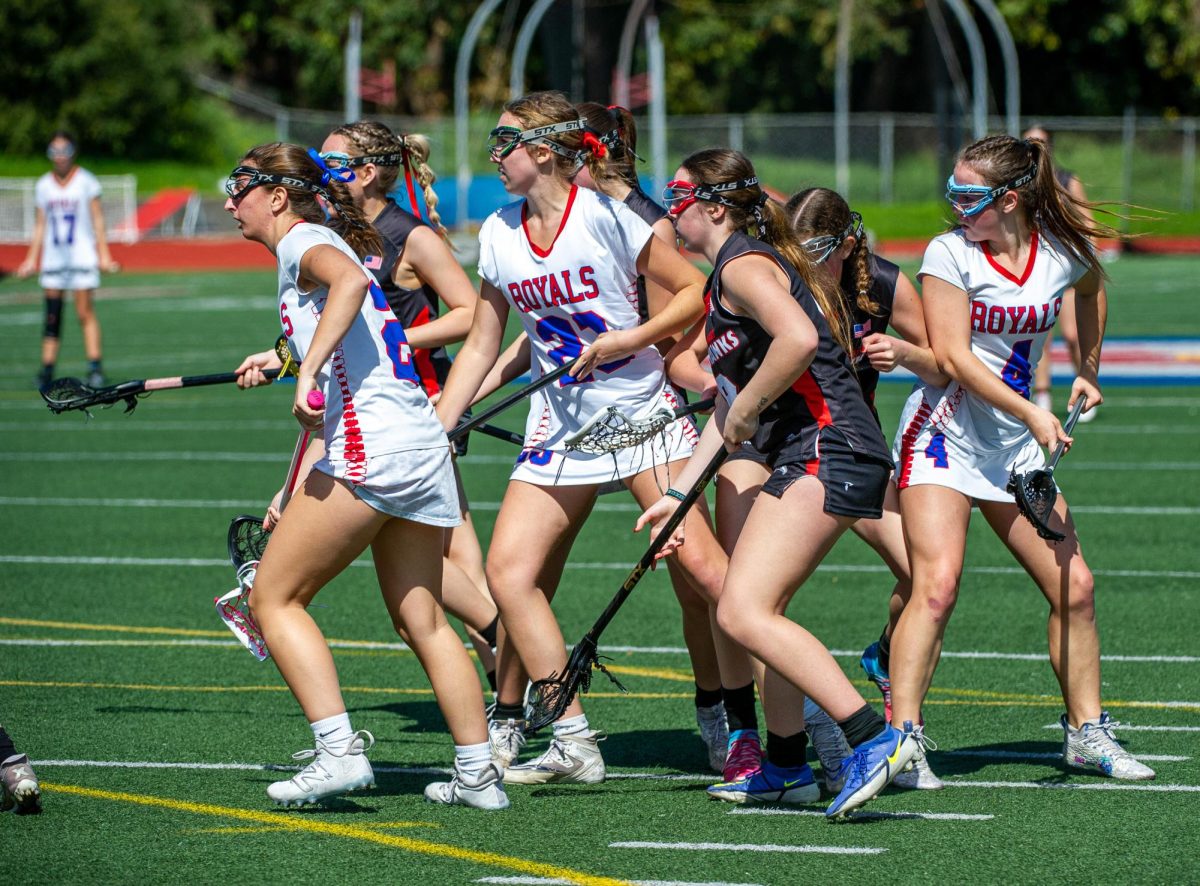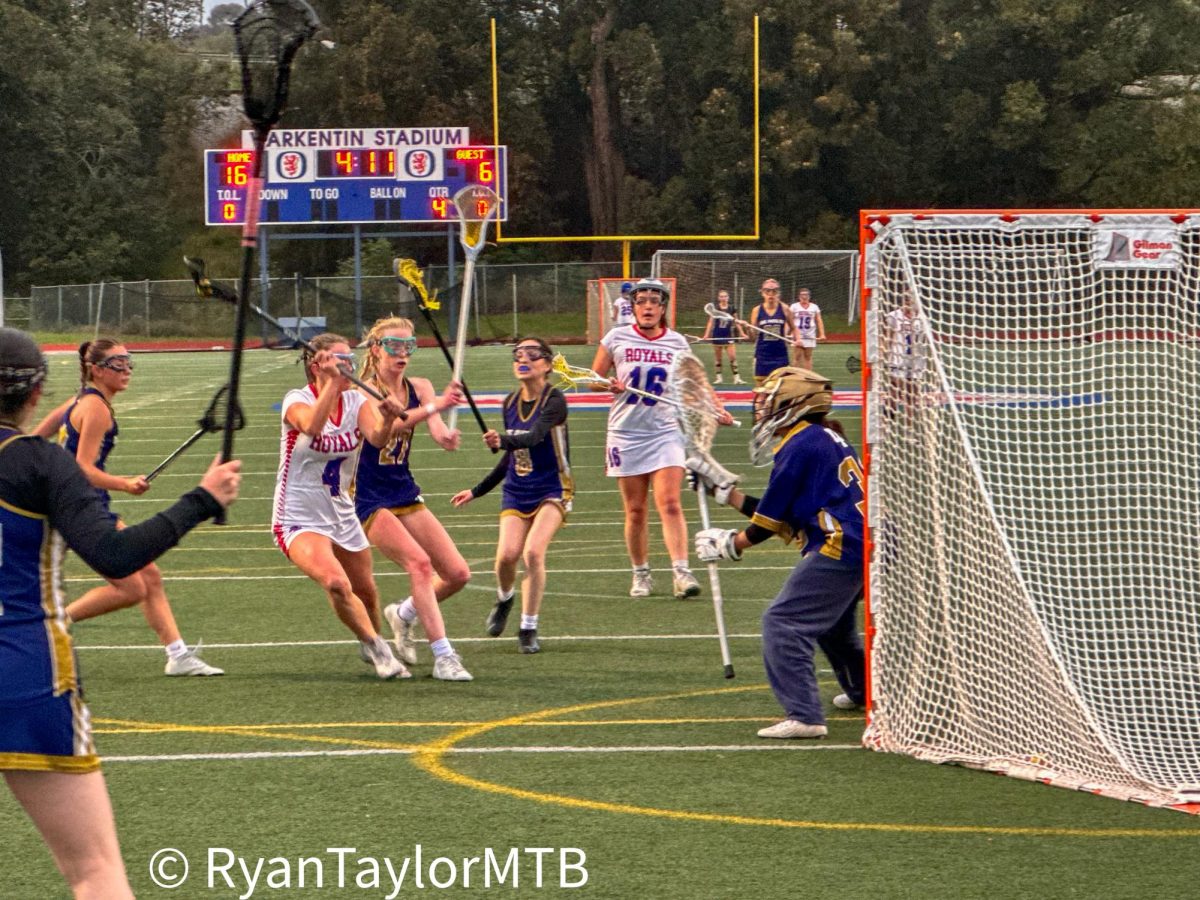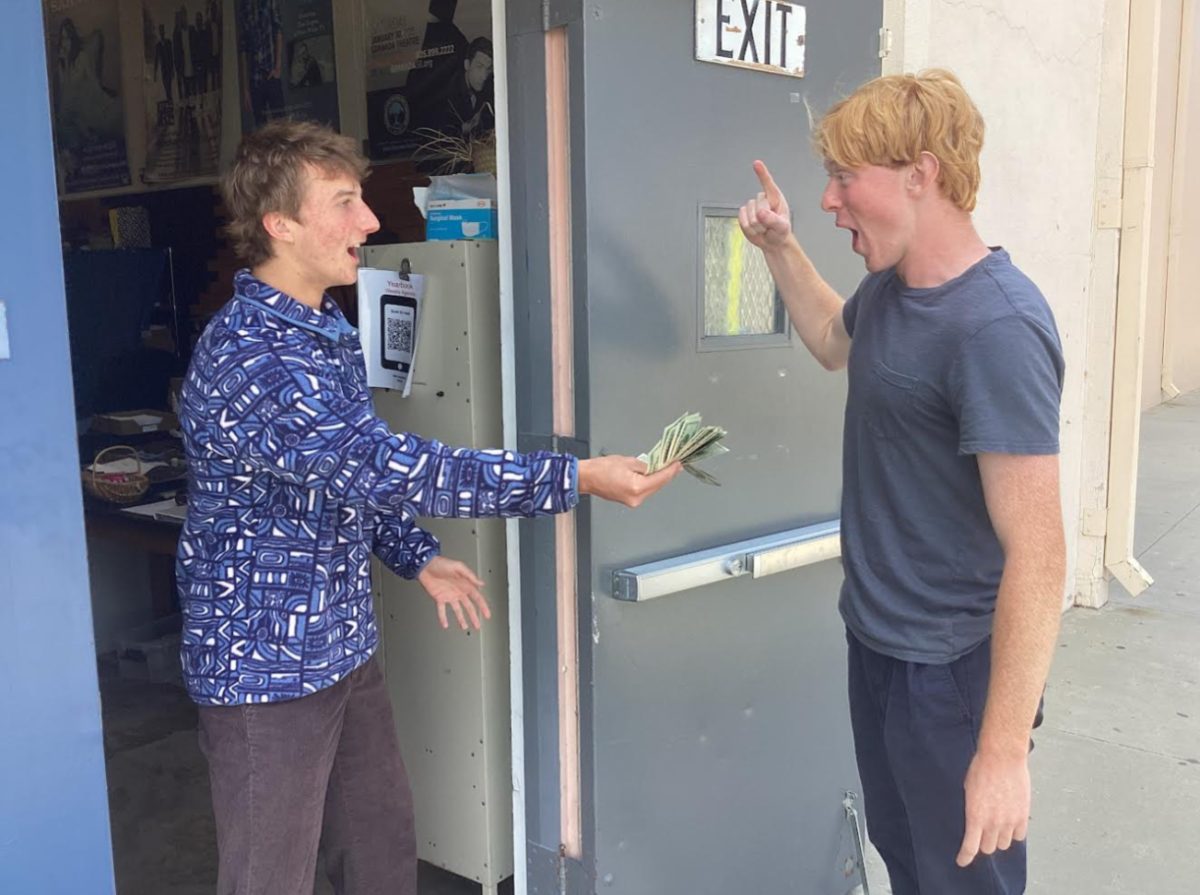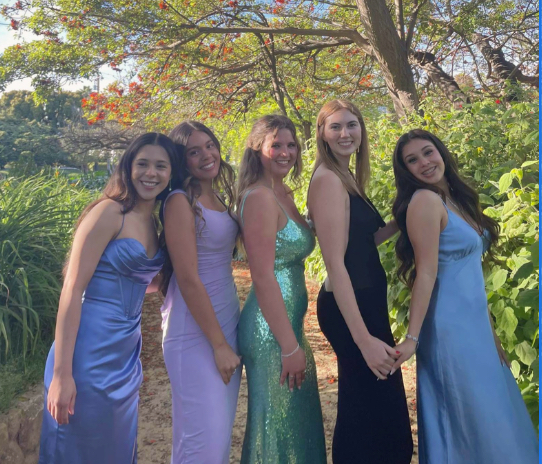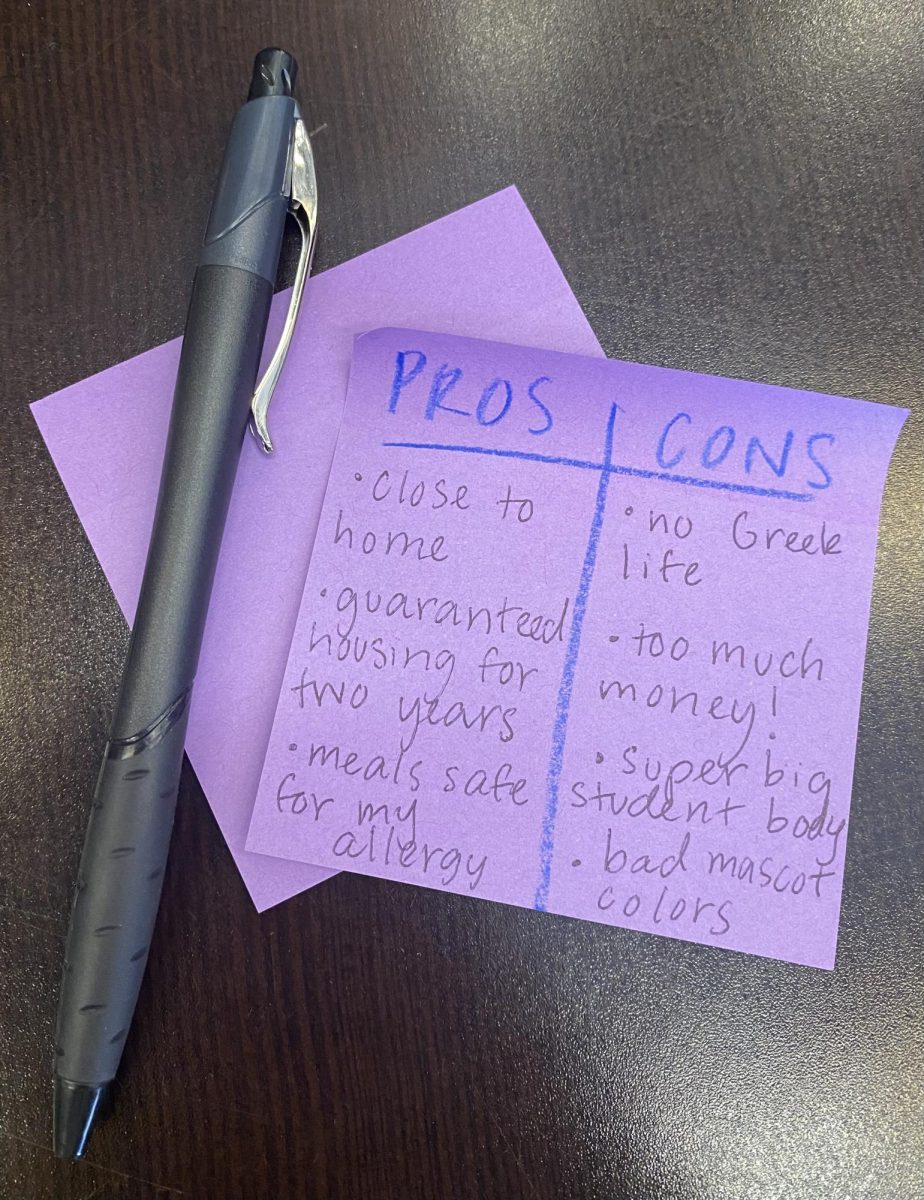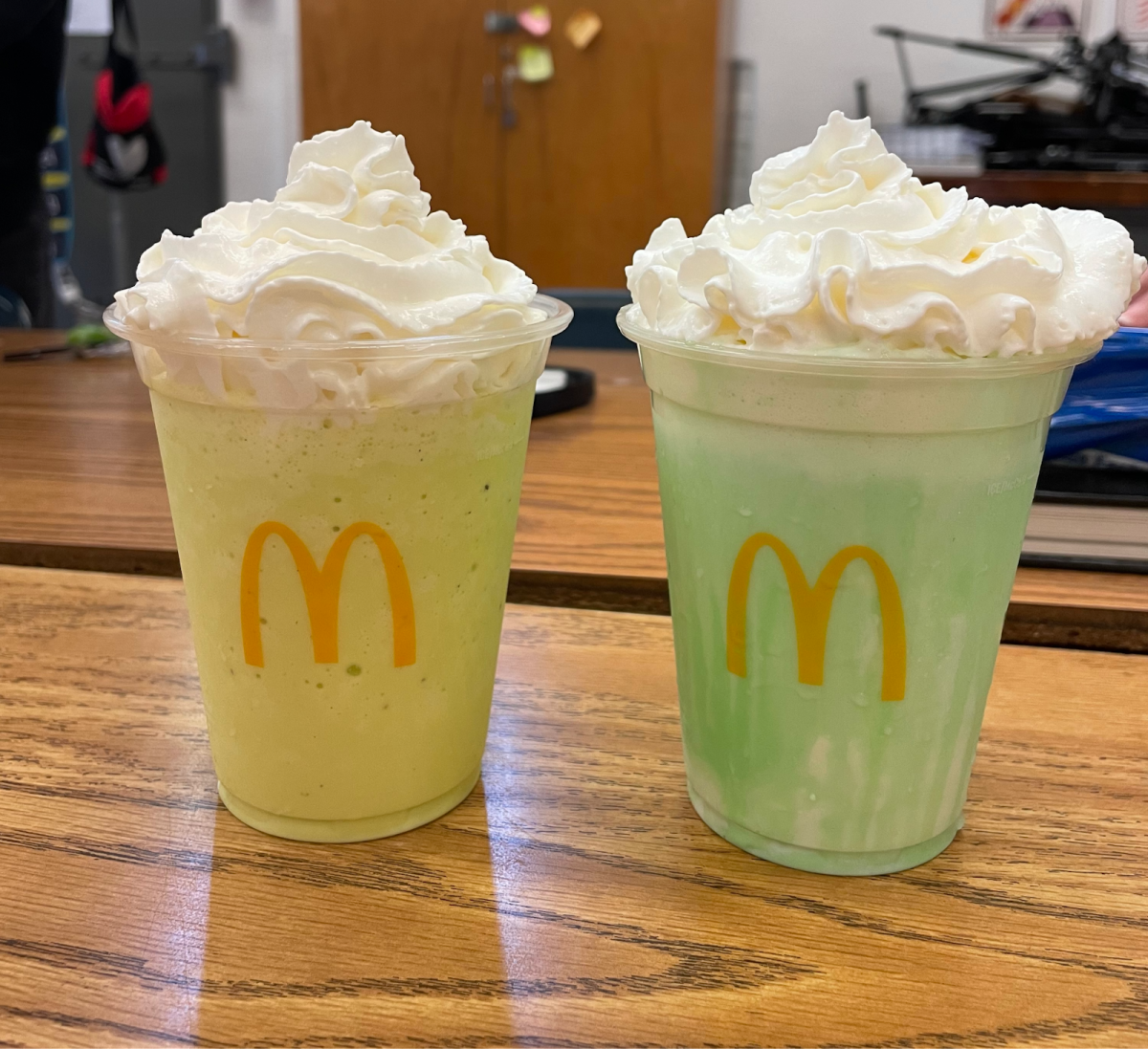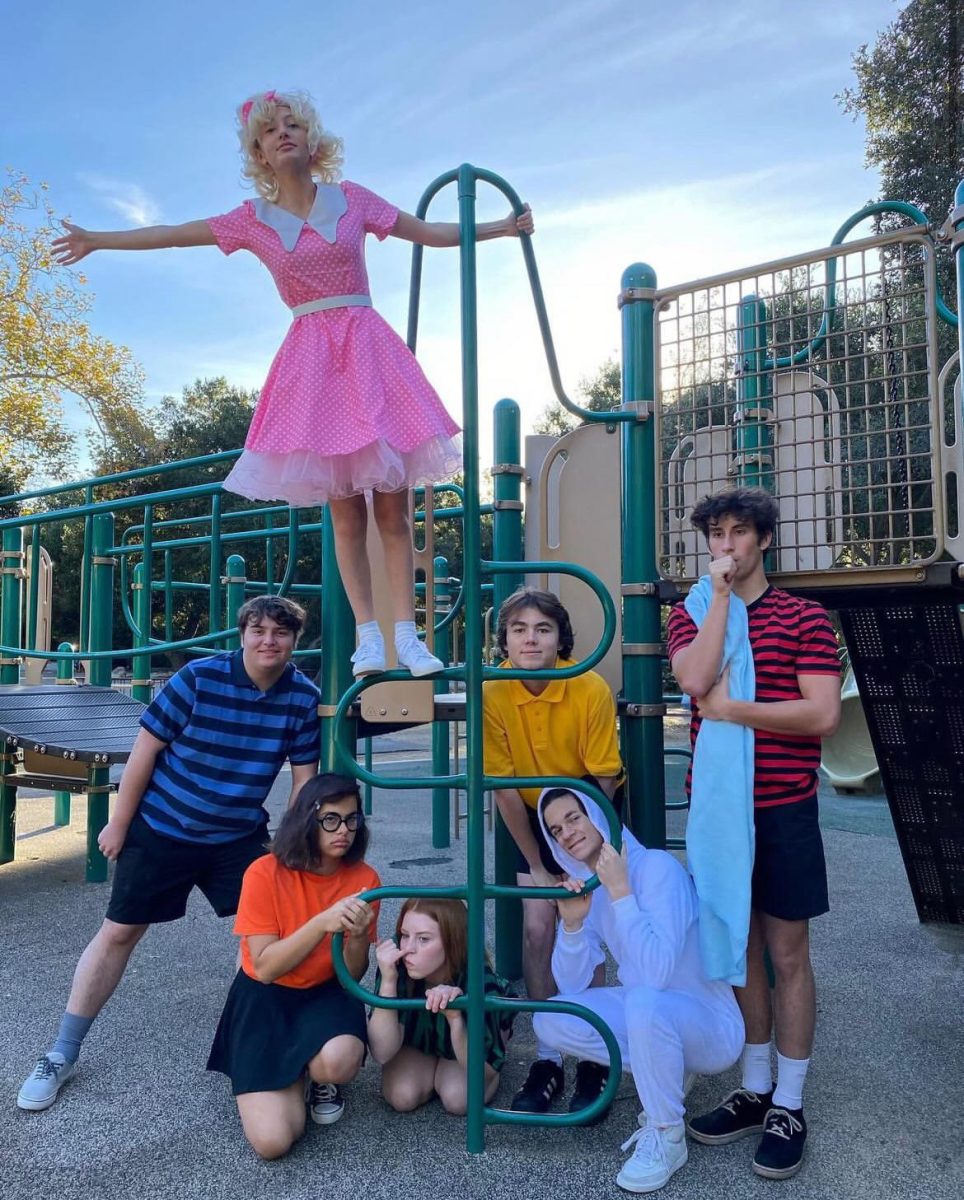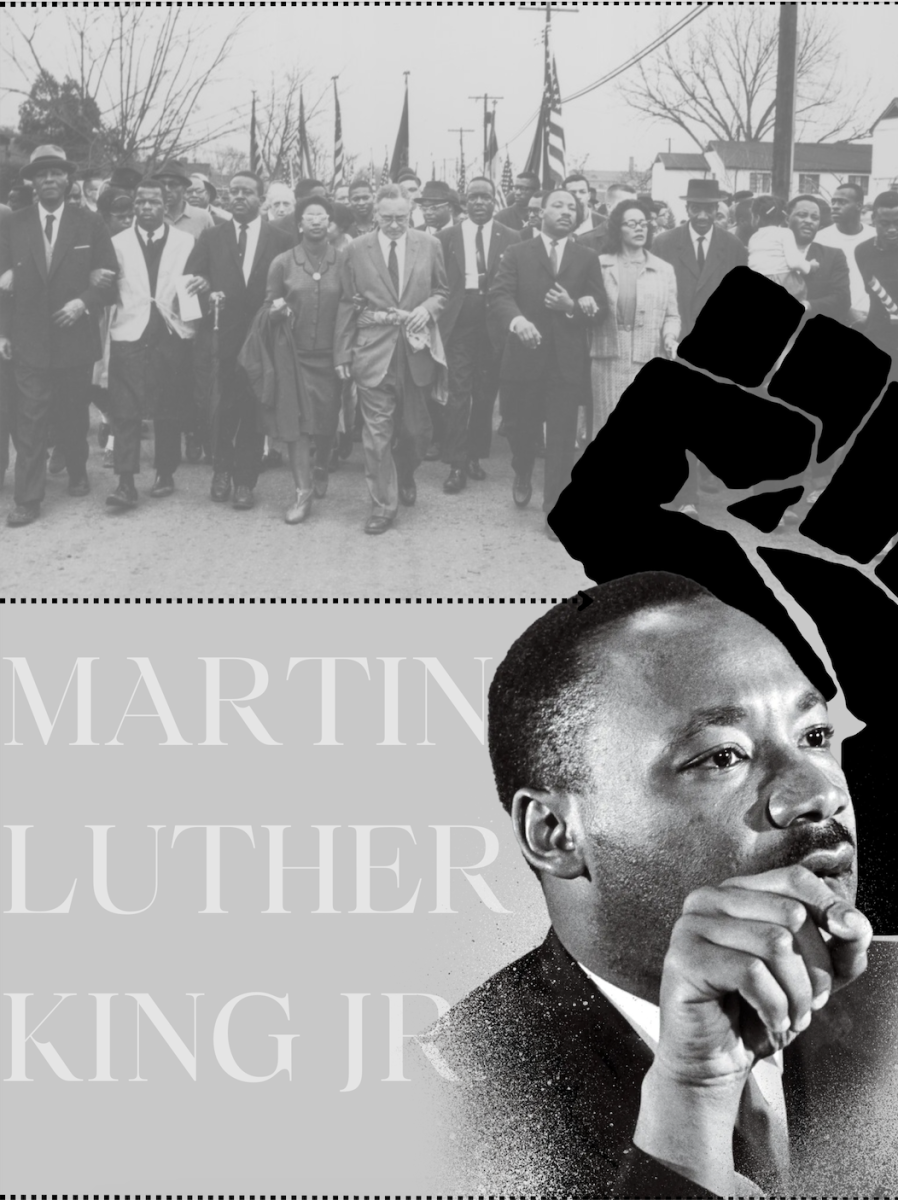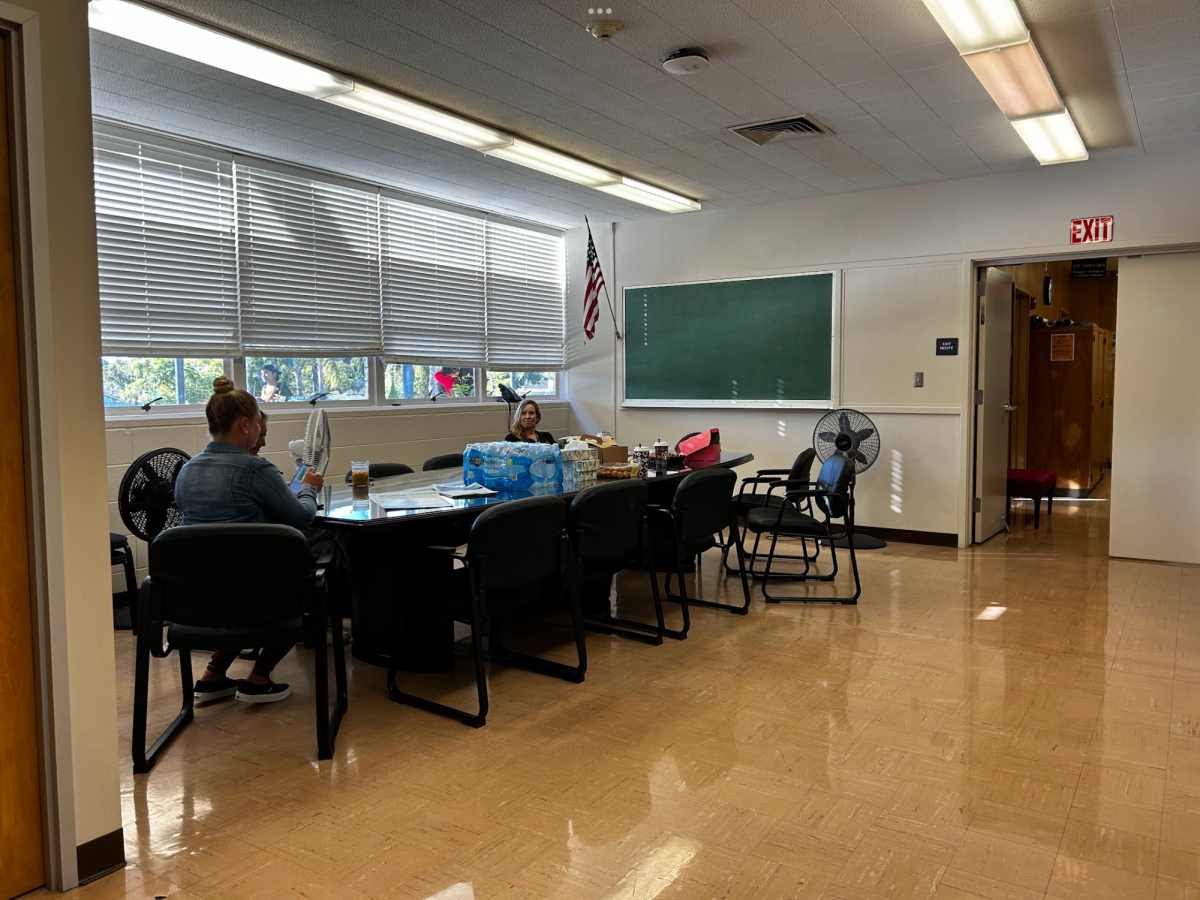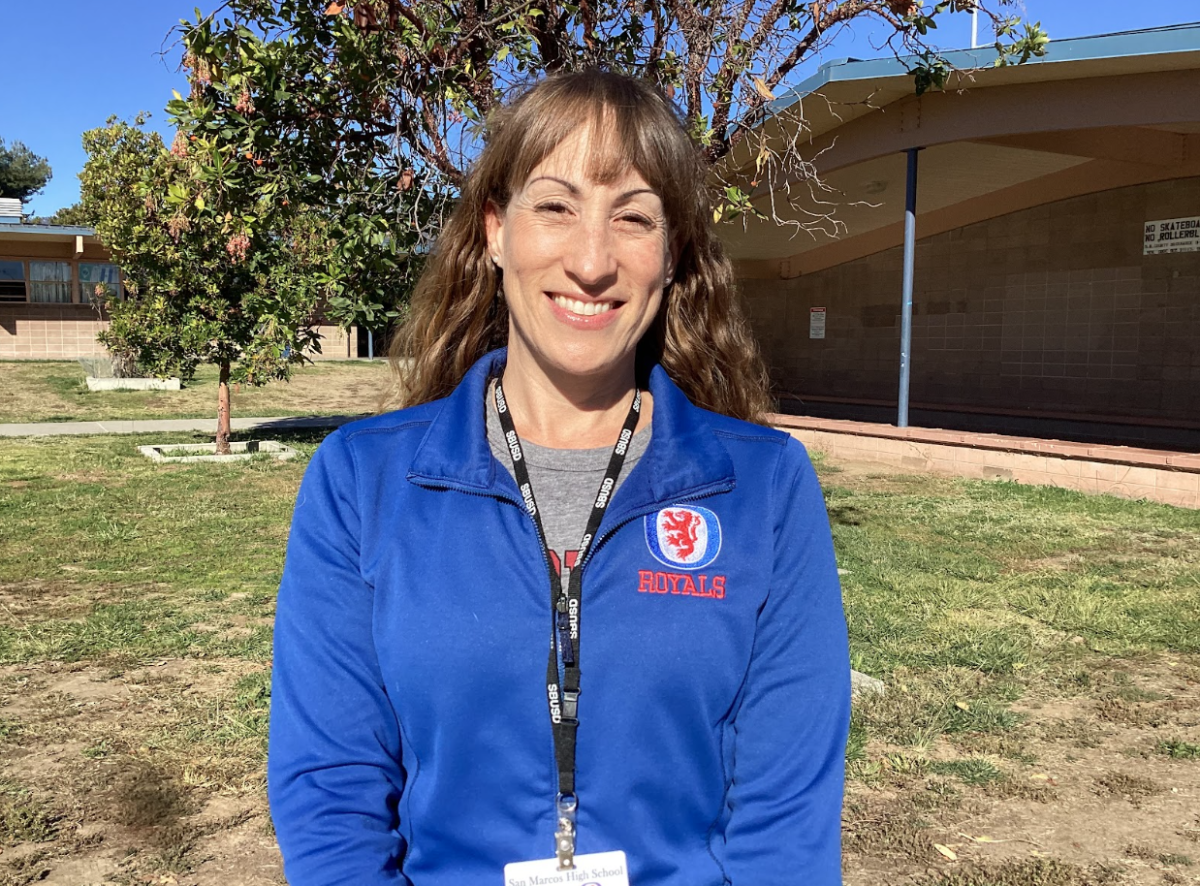A few weeks ago, Taylor Swift announced the release of her new single, ”Love Story (Taylor’s Version)” and it led some to wonder how this song would differ from her 2008 hit of the same name. As people listened, they noticed that it is essentially the same thing, with very minor differences scattered throughout. Along with the song itself, she also came out with a statement, explaining that she was officially going to begin re-releasing all of her old albums again. This brought up a question for many, “Why is Taylor Swift Re-Recording All of Her Albums?”
To answer this question, we have to have an idea on how the music industry works. Imagine this: someone writes, helps produce, and markets themselves in a way that millions of people around the world could recognize them, just based on their music. Their life is completely encompassed by this, with touring, invasive paparazzi, and having their life magnified as a celebrity. This would have to take an immense amount of patience and creativity, a knack for advertising, and a string of strategic business decisions for a prolonged amount of time. It seems like a lot of work, both physically and mentally, right? You would think that the payoff for this kind of lifestyle would be making money off of your carefully curated art, right? Unfortunately, this is not the case for everyone, including the most documented and prevalent case that music has seen, Taylor Swift.
At age 14, a young Taylor was performing at a diner in Nashville, when she was approached by the founder of Big Machine Records, a country record label. Soon after, she would end up signing with them for 12 years, a decision that would later prove to be detrimental to her creative rights as an artist. As years went on, she continued to reinvent herself as a musician and person, receiving 10 Grammy Awards, 32 AMAs, and 23 Billboard Music Awards, proving her status as a generational artist. Once her 2017 album “Reputation” was released, the contract that she was tied to since she was a teenager was finally over, and she was looking forward to working on her own accord from then on. Until June 30th, 2019, when her master recordings were bought in a acquisition of Big Machine Records by talent manager Scooter Braun for a reported 300 million dollars.
Swift was adamant that she was never consulted about the purchase, and she highly resented both Braun and everyone at the record label, stating,

“I learned about Scooter Braun’s purchase of my masters as it was announced to the world. All I could think about was the incessant, manipulative bullying I’ve received at his hands for years…..This is my worst case scenario” said Swift. “This is what happens when you sign a deal at fifteen to someone for whom the term ‘loyalty’ is clearly just a contractual concept. And when that man says ‘Music has value’, he means its value is beholden to men who had no part in creating it”
This is not the only time something like this has happened in history, actually, situations like this are surprisingly common. In 1985, Paul McCartney of The Beatles told Michael Jackson that financially, the best thing to do is to invest in music publishing. That same year, Michael Jackson outbid McCartney himself to purchase a vast majority of The Beatles catalog. Or when the all-around icon, Prince, compared music contracts to “slavery” and even had the word written on his cheek during a performance.
In all of these instances, the artists themselves are often powerless in comparison to the massive corporations that tower over them. There are very few ways to regain control of your artistic rights, and most of the time, it requires a large amount of tedious work that many just do not want to do. But there is one way to go about this and still feel a sense of compensation: re-recording all previous albums, and having full ownership of them. Taylor Swift wouldn’t be the first to do this, but she would most certainly be one of the biggest, and with her recent announcement of releasing her re-recorded version of her second studio album “Fearless,” the world is at a standby at what is to come next.
As an avid music fan, I’ve grown accustomed to seeing artists get into legal battles with their labels and feeling unheard as a creative person. But as they become more vocal about their frustrations against the companies, both artists and fans alike, are able to become more aware of the obstacles that they have to deal with behind the scenes. I hope in the future, artists will have more merit to be independent and not need to be backed by a major label for popularity. Music has always been a way to tell stories and move people emotionally in ways that very little else can, and I feel if we take away the fear or your work being taken advantage of, more authentic art will be made, just how it should be.

